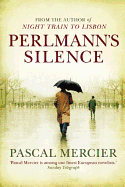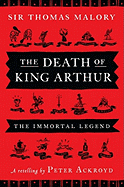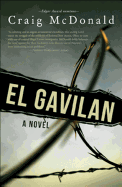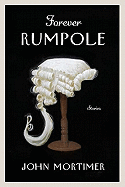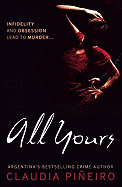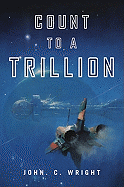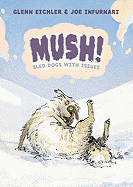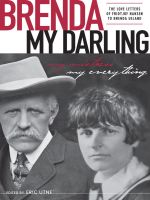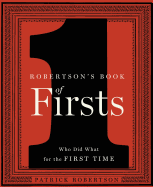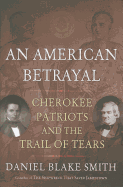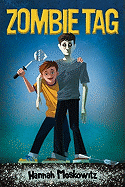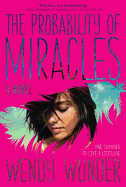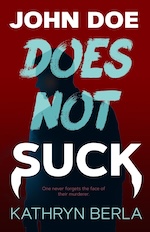Behind the Curtain
| This is the last edition of Shelf Awareness for Readers for 2011. We wish you happy holidays and an excellent new year! We'll see you again on Tuesday, January 3. |
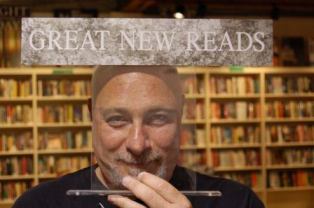 Several years ago I e-mailed Lee Child to tell him how much I had enjoyed reading his Jack Reacher novel One Shot. His response has stuck with me since. He wrote that my praise meant a lot to him because it came from someone who had "seen the man behind the curtain" and knew just how difficult it was to do what we do. After receiving Lee's note, I recalled a TV interview of Orson Welles I had seen 30 years earlier. The interviewer asked Welles which of the current crop of movies he enjoyed. Welles stunned both the interviewer and the audience by saying he didn't really see many movies, that because he knew too much about how they were made, they no longer held any magic for him. I seem to remember that he used nearly the same phrasing Lee Child used, that Welles, too, had seen the man behind the curtain.
Several years ago I e-mailed Lee Child to tell him how much I had enjoyed reading his Jack Reacher novel One Shot. His response has stuck with me since. He wrote that my praise meant a lot to him because it came from someone who had "seen the man behind the curtain" and knew just how difficult it was to do what we do. After receiving Lee's note, I recalled a TV interview of Orson Welles I had seen 30 years earlier. The interviewer asked Welles which of the current crop of movies he enjoyed. Welles stunned both the interviewer and the audience by saying he didn't really see many movies, that because he knew too much about how they were made, they no longer held any magic for him. I seem to remember that he used nearly the same phrasing Lee Child used, that Welles, too, had seen the man behind the curtain.
One of the things that writers put at risk when they commit to this career is their unbridled joy in reading. It is one of the great paradoxes of my life that by writing, it has become nearly impossible for me to be transported by the written word the way I once was. I now cannot help but read analytically, looking for the tricks of the trade, looking more at the process than what the process has produced. This is not to say that I am never transported. It means I have less patience for mediocrity and savor the works of writers such as Daniel Woodrell, Megan Abbott, Philip Kerr and a very few others whom I can count on for the magic I once found more easily. Still, I would not trade my writing life for any other career. --Reed Farrel Coleman, author of Hurt Machine (Tyrus Books)
Follow the author on Facebook and Twitter



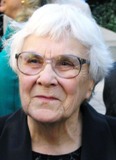 Letters of Note featured
Letters of Note featured 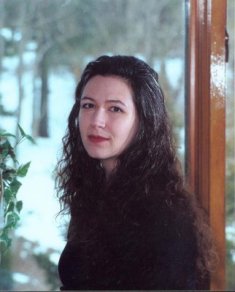 After receiving B.A. degrees in psychology and English literature from Lake Forest College,
After receiving B.A. degrees in psychology and English literature from Lake Forest College, 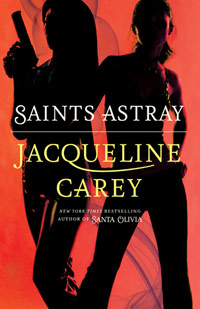 Book you've faked reading:
Book you've faked reading: